
How to Control Pests Without Pesticides
- 1- Understanding Pest Control Without Chemicals
- 2- Natural Remedies for Pest Control
- 3- Prevention Methods for Pest Control
- 4- When to Call Professionals
When pests invade your home, your first instinct might be to reach for chemical pesticides. However, many people are turning to safer, eco-friendly methods to control pests without relying on harsh chemicals. Whether you want to protect your family, pets, or the environment, there are several natural and effective ways to handle pest problems. In this guide, we will explore how to control pests without pesticides, focusing on practical, sustainable solutions.
1- Understanding Pest Control Without Chemicals
Pesticides, while effective, can have harmful side effects on your health, pets, and the environment. The good news is that there are many ways to control pests without resorting to toxic chemicals. Understanding the balance between prevention and intervention is key to creating a pest-free home without the need for pesticides.
Natural pest control methods use non-toxic solutions such as essential oils, natural predators, and homemade traps to keep pests at bay. By incorporating these methods into your routine, you can tackle common pests like ants, roaches, mosquitoes, and rodents without compromising the health of your home.
2- Natural Remedies for Pest Control
There are many natural solutions you can use to deal with common household pests. Here are some of the most effective methods:
1. Essential Oils
Essential oils are a safe and powerful way to repel insects. Oils like peppermint, lavender, eucalyptus, and citronella are known for their ability to keep pests away. You can create a simple spray by mixing water and a few drops of essential oils, then apply it to areas where pests are present.
2. Diatomaceous Earth
Diatomaceous earth is a natural powder made from fossilized algae. It’s harmless to humans and pets but deadly to insects. When pests come in contact with diatomaceous earth, it punctures their exoskeletons and dehydrates them. You can sprinkle it in areas where pests are commonly found, such as along baseboards, under sinks, and around cracks.
3. Homemade Traps
Homemade traps can be a highly effective way to manage certain pests, especially rodents and insects. For example, a simple vinegar and dish soap trap can attract fruit flies, while a jar filled with peanut butter can serve as a mouse trap. These traps are inexpensive, easy to make, and eco-friendly.
4. Natural Predators
Introducing natural predators into your home or garden can help keep pests in check. For example, ladybugs are excellent at controlling aphids, while nematodes can help with soil-dwelling pests. Birds and certain types of bats can also help reduce insect populations around your home.
3- Prevention Methods for Pest Control
Prevention is often the best solution when it comes to pest control. Here are a few simple practices that can help you avoid an infestation:
1. Seal Entry Points
One of the easiest ways to prevent pests from entering your home is by sealing cracks and gaps around doors, windows, and pipes. This will keep out unwanted visitors, such as ants, cockroaches, and rodents.
2. Proper Waste Management
Pests are attracted to food and garbage. Make sure to store food in sealed containers and take out the trash regularly. Clean up crumbs and spills immediately to avoid attracting pests.
3. Cleanliness
Keeping your home clean is crucial to preventing pests. Regularly vacuum carpets, wipe down counters, and clean under furniture. A tidy home is less likely to attract pests, especially those looking for food or shelter.
4. Regular Maintenance
Check for any signs of leaks, water damage, or other potential entry points that pests could exploit. Keeping your home well-maintained can prevent pest infestations before they start.
4- When to Call Professionals
While many pest control methods are effective, there are times when calling a professional is necessary. If you notice persistent or large infestations of pests, it may be time to consult an expert. Pest control professionals can assess the situation, identify the source of the problem, and apply more advanced treatments if needed.
In addition, if the pest issue involves health risks or if you’re dealing with toxic pests like termites or bed bugs, it’s best to rely on the expertise of a professional to ensure the problem is handled safely and effectively.
For more information on effective pest control solutions and products, visit PestControlHub, where you can find the best tools and resources to help you manage your pest problems without using harmful chemicals.
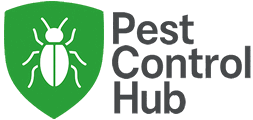
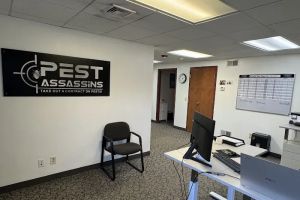
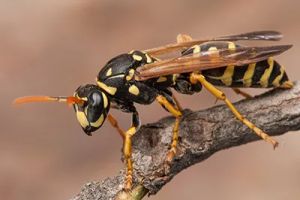
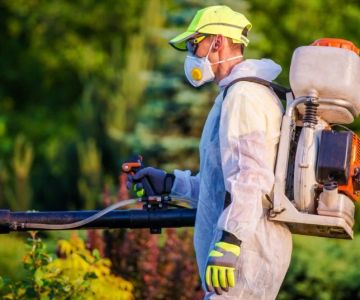

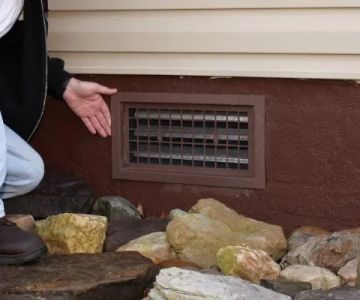
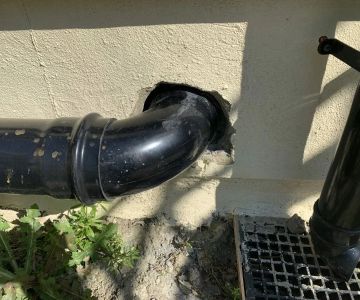
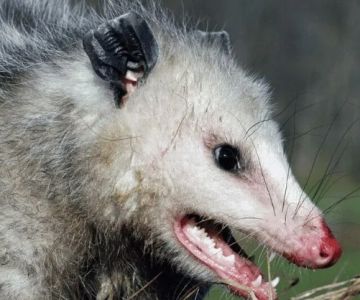
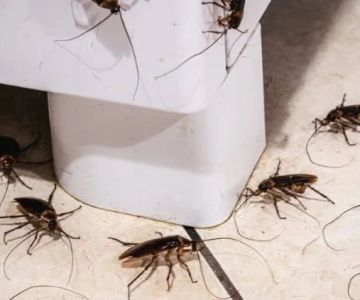
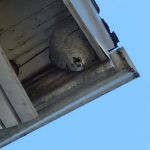 Boatner's Pest Management4.0 (15 reviews)
Boatner's Pest Management4.0 (15 reviews) E&J Termite and Pest Control LLC4.0 (19 reviews)
E&J Termite and Pest Control LLC4.0 (19 reviews)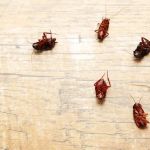 Taylor Pest Control5.0 (1 reviews)
Taylor Pest Control5.0 (1 reviews) Sudden Death Termite & Pest Control, LLC4.0 (106 reviews)
Sudden Death Termite & Pest Control, LLC4.0 (106 reviews) Coastline Pest Management4.0 (81 reviews)
Coastline Pest Management4.0 (81 reviews)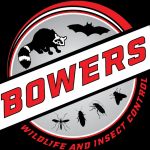 Bowers Pest Control5.0 (14 reviews)
Bowers Pest Control5.0 (14 reviews)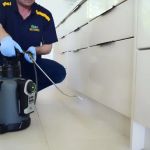 How to Monitor Pest Activity After Treatment
How to Monitor Pest Activity After Treatment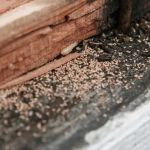 How to Monitor Pest Conditions in Walls
How to Monitor Pest Conditions in Walls How to Monitor Pest Trends After Treatment for Effective Control
How to Monitor Pest Trends After Treatment for Effective Control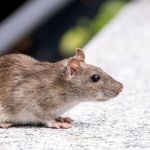 How to Inspect Crawl Spaces for Rodents | Step-by-Step Guide
How to Inspect Crawl Spaces for Rodents | Step-by-Step Guide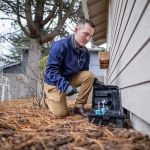 How to Keep Crawlspaces Ventilated & Pest-Resistant: A Complete Guide
How to Keep Crawlspaces Ventilated & Pest-Resistant: A Complete Guide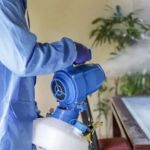 How to Safely Use Fumigation Methods: A Comprehensive Guide for Homeowners
How to Safely Use Fumigation Methods: A Comprehensive Guide for Homeowners